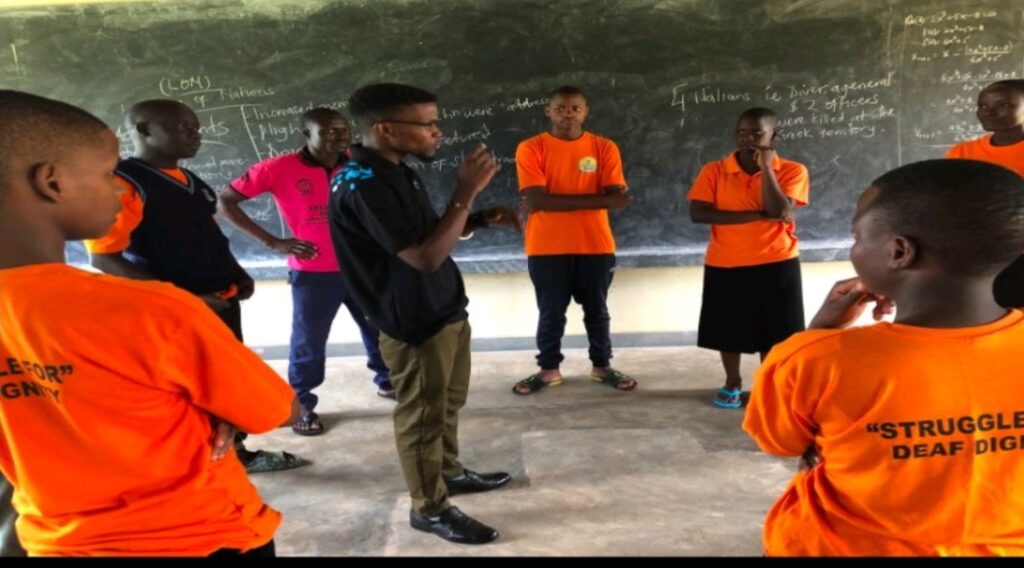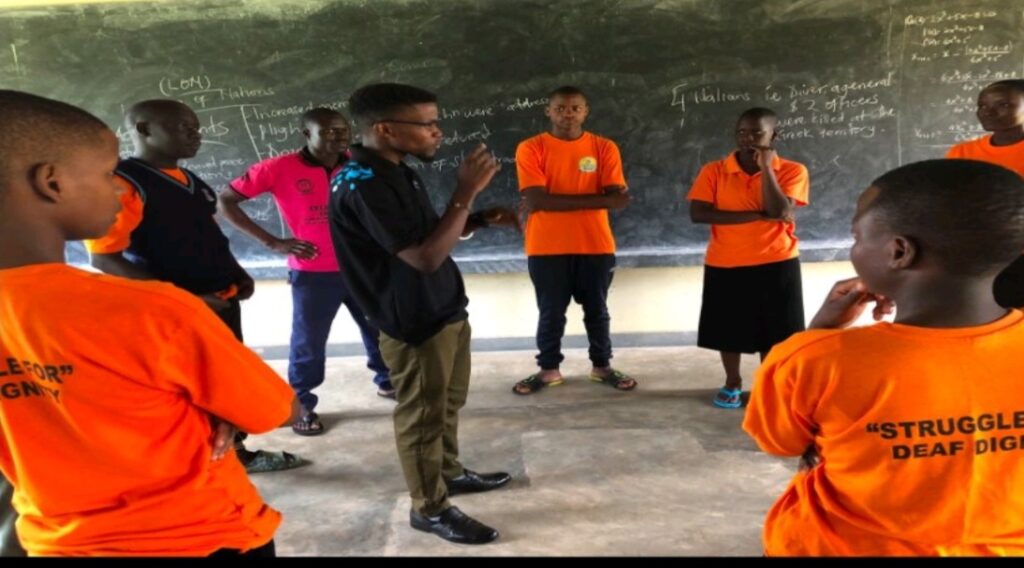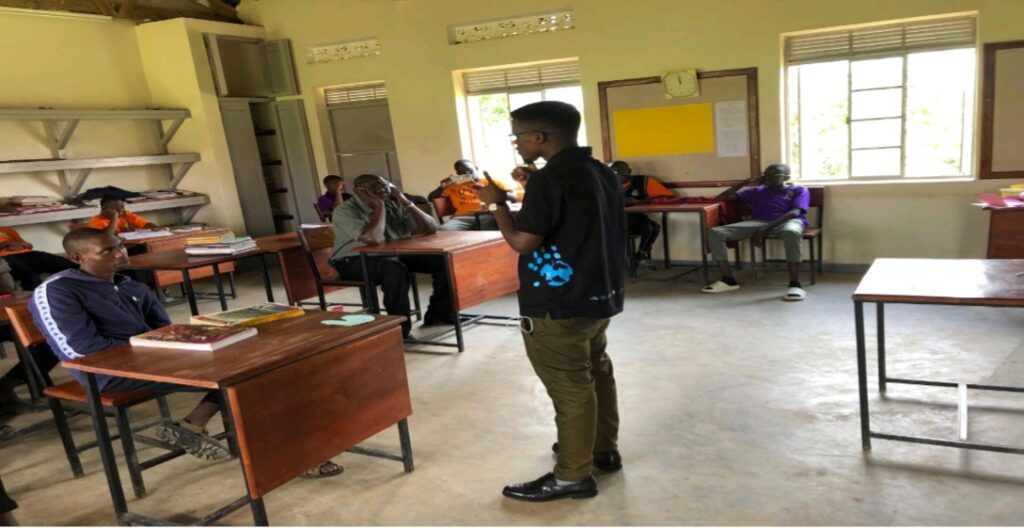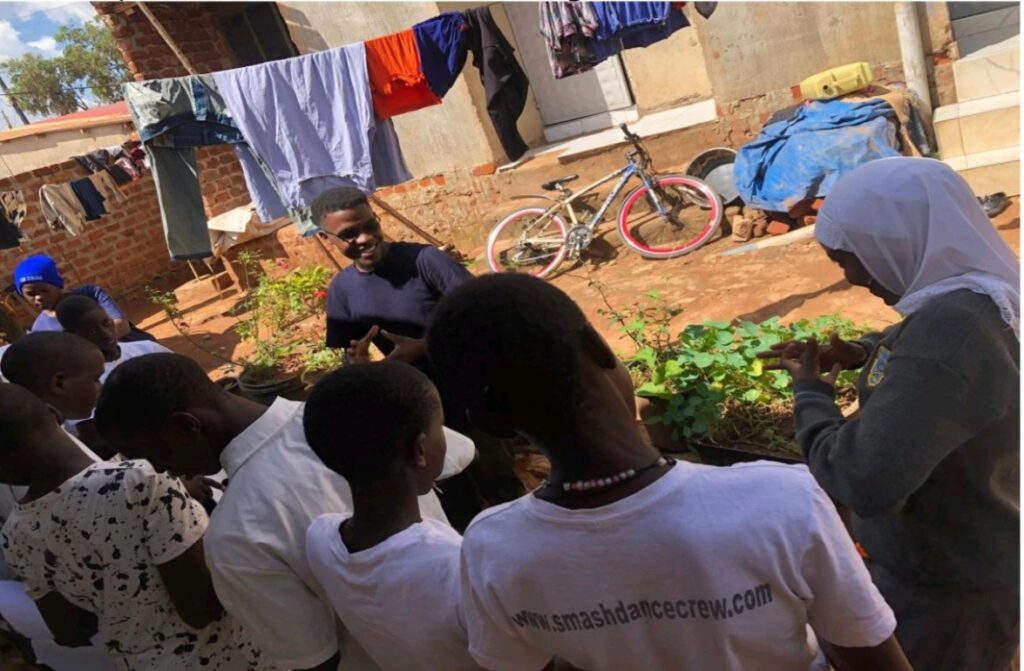
The Essentially of Tailoring Mental Health Support for the Deaf and Hard of Hearing Community.
Mental health issues and disorders have become more of a global concern currently as compared to times before. While mental health discourses in respect of access to services are still ongoing, there is extremely limited or no focus at all on vulnerable groups especially people with disabilities.
Deaf and Hard of Hearing people are at a higher risk of exclusion from accessing mental health services due to their unique modes of communication.
In order to advocate for the inclusion of this particular community in accessing mental health services, it is of essence to start a change-setting dialogue as a means to remove barriers to attaining mental wellness for all persons.
This particular dialogue, one of many, is between Pamela Natasha Bugembe (mental health and special needs advocate) and Isaac Muhumuza, a deaf advocate, currently working with Light For The World Uganda under the MasterCard foundation Associate Program to spread awareness about the rights of people with disabilities through disability inclusion awareness trainings and programs.

Q&A.
1)What are the most pressing mental health issues faced by the deaf community today?
Deaf and Hard of hearing people experience a lot of depression and stress as a result of discrimination which occurs in every aspect ranging from employment, education, and accessing essential social services.
For instance, no matter how highly a deaf and hard of hearing youth is educated, the likelihood of attaining employment is very small compared to their hearing counterparts as many employers assume that being Deaf or Hard of hearing equates to lower intelligence (stemming from frequent use of statements like Kasiru, deaf and dumb) which is not the case.
This leads many young people with hearing impairment resulting into low self-esteem, anxiety and ultimately depression.Many deaf and Hard of Hearing people have been misled to believe that there is something wrong with them, something that needs curing.
This has led them to resort to hiding and refuse to disclose their hearing impairment for fear of being isolated. This has forced many into solitude and consequently having less confidence and experience social anxiety. The inability to bond well in exclusive societies has made it worse.
Hearing impairment is not a sickness that needs to be cured and if the society embraced learning sign language, or adjusting to the person’s specific needs ( our communication needs can differ), well and good.
2) What are the common misconceptions about mental health within the deaf community?
Many assume that mental health issues are rare but in fact at least 1 in every 3 deaf and hard of hearing persons are experiencing mental health issues due to the constant stigma that they experience on a in the community.
Many are however afraid to speak up and even if they did speak up, many are ignored especially due to communication challenges.The community also assumes that mental health services cannot be accessed by any, due to lack of sign language and communication support.
While it is true, accessing mental health services is extremely challenging for deaf and hard of hearing, it is possible to be supported.
3) How can mental health services be more inclusive and culturally sensitive to the needs of deaf and hard of hearing individuals?
Provide communication support to deaf and hard of hearing people. No two deaf and hard of hearing people are the same however and so communication modes may differ.
For example some prefer using a sign language interpreter, some a caption-er ( a person who provides text based descriptions of audios and speech in real time) while some prefer lip reading, It is essential to find out from the person who needs support what they would prefer.
When disseminating information in video such as vlogs and podcasts, ensure to have a sign language interpreter and captions so that deaf and hard of hearing have equal access to accurate mental health information.
Partner with deaf and hard of hearing organizations of persons with disabilities or disability advocacy organizations to design inclusive mental health programs. This is because organizations have links to support resources and a wide network of people with disabilities.
Ensure support lines are accessible by availing Whats-app options for deaf and hard of hearing people to easily request for support using the helplines.
Most importantly, involve deaf and hard of hearing people in designing mental health programs to ensure that indeed, these services are fully accessible.
4) What resources or tools do you recommend for mental health professionals working with deaf clients?
It is important to connect with Organizations of People with hearing impairment.
Uganda National Association of the Deaf.
Uganda Federation of Hard of Hearing People.
5) What policy changes or advocacy efforts are needed to improve mental health services for the deaf community?
There is need for increased funding for programs which support inclusive mental health services and campaigns. Lack of funding for these vulnerable groups has led to exclusion and inaccessibility.
Require mental health practitioners to be trained in disability inclusion so that they are able to support people with disabilities as well.
Organizations such as Light For The World Uganda can support in training staff and professionals in disability inclusion programming.
Increase mental health awareness and activities in the deaf and hard of hearing community by inviting them to workshops, trainings and outreaches

6)What training do mental health professionals need to better serve this community and where can this be attained?
Training in basic Uganda sign language by connecting with organizations such as Uganda National Association of the Deaf, Kyambogo University, Sign language for All, among others who teach sign language.
Connect with Light For The World Uganda to attain training in disability inclusion programming.
7) Final thoughts?
It is important to note that inclusion is more than just providing services, it is about wholly accepting deaf and hard of hearing people as they are, being consistent and changing mindsets.
It is about creating an environment, a community that values diversity. There is need to work together to realize this.

Conclusively, supporting mental health in the deaf community requires a comprehensive and inclusive approach.
By understanding the unique challenges, promoting mental health education, addressing stigma and discrimination, improving accessibility to services, and engaging in collaborative efforts, we can create a society where mental health support is accessible, culturally competent, and tailored to meet the specific needs of the deaf community.
Written and Compiled by;
PAMELA NATASHA BUGEMBE.

